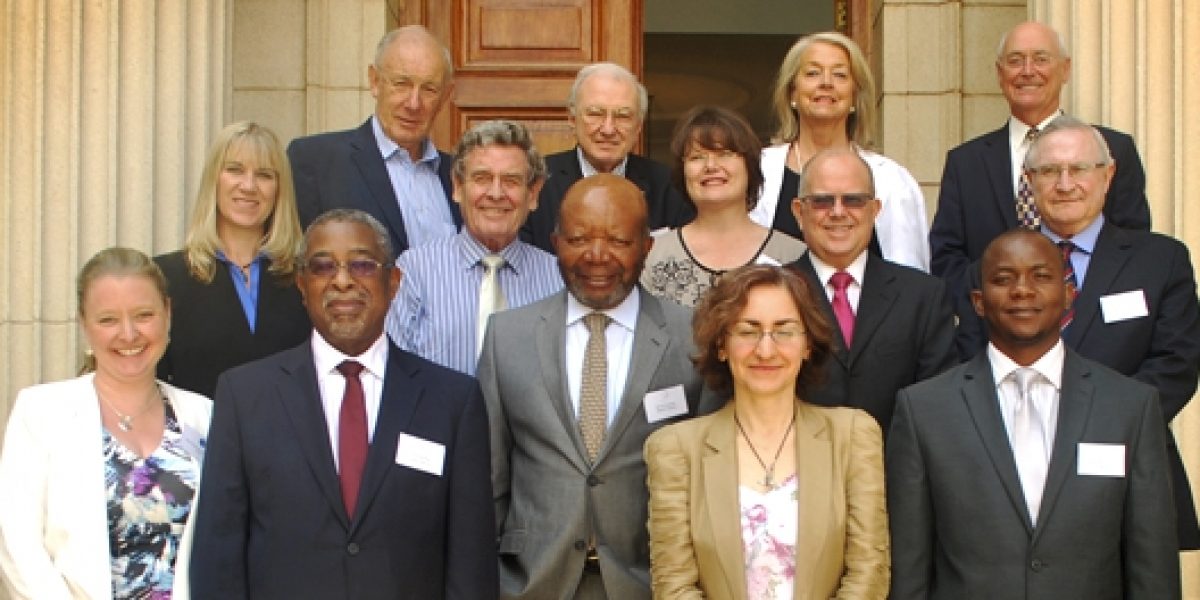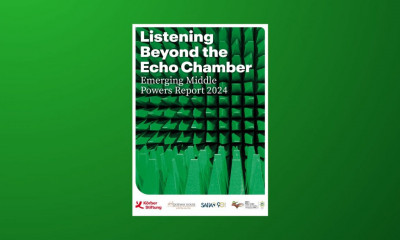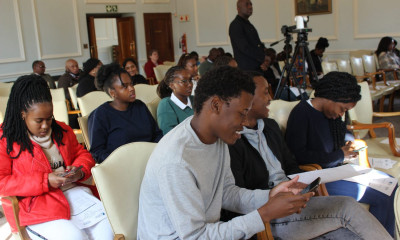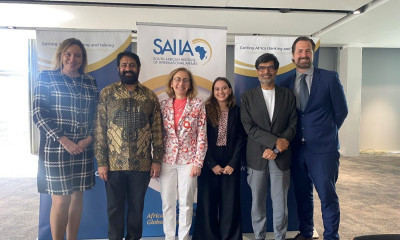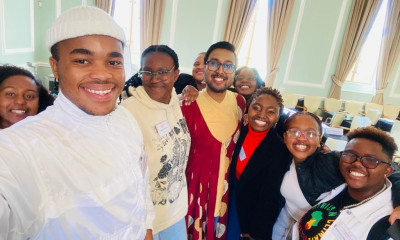When South Africa transformed from an apartheid pariah state to a constitutional democracy in 1994, this ‘negotiated revolution’ created a compelling narrative that resonated throughout the world.
The constitution entrenched a democratic polity guaranteeing political rights of freedom of expression, information and equality before the law. It also adopted socially progressive constitutional protections such as the right to housing, education and health. The underlying political philosophy of a tolerant, open domestic order became the legitimating force for the new democracy’s active international engagement and its reputation as a responsible actor.
For a small state in the global context, albeit a regional power in Africa, a successful domestic order provides a powerful rationale for the associated respect that it garners internationally.
It is true that South Africa’s past is still with us. We see it in the legacy of our education system, the disjointed social fabric and dysfunctional spatial structures – an incomplete economic and social transformation. Frustrated expectations become fertile ground for populism. How the political establishment responds to such challenges defines its underlying character and further burnishes or dulls perceptions abroad.
The circumstances surrounding the state of the nation address last Thursday throw into sharp relief concerns that are increasingly more apparent: do we all still relate to the principles of the constitution, the commitment to play by the rules and to respect the checks and balances a constitutional democracy provides? South Africa’s soft power and its influence in the region and beyond are intrinsically linked to the example it sets at home. Our domestic success makes our international engagement easier. We also recognise that if politically and economically the ‘1994 project’ fails, this will have consequences in the longer term for our global standing and influence.
So what should our national interests be? I think we have plural interests, as do many states, which is also reflected in the diversity of our society. Economic drivers of our national interests are significant. In the last 6 years the government has spoken a lot about the importance of linking more closely our foreign policy priorities to tackling our domestic socio-economic challenges. The term ‘economic diplomacy’ has become the rallying cry in many quarters of government. In fact it is an important component of modern diplomacy.
Other national interests may be broader ones that deal with the kind of neighbourhood and international system we wish to operate in. Let’s pause for a moment on our national economic interests.
We want to create jobs and economic development. In the 21st century, this means being integrated into the world economy although, granted, not always equitably. We have to trade with the world, we need to access markets for our goods and services, and in the absence of significant domestic savings we want companies to invest in South Africa. We are an open, yet small economy with a declining manufacturing sector but a rising services sector. We have a small domestic market, but substantial possibilities in our hinterland. The African continent is creating new possibilities – from consumer markets to new energy production and related infrastructure projects. Accelerated regional integration that reduces the costs of doing business and creates policy certainty for the domestic and foreign private sector is essential.
Our National Development Plan, which was the result of broad-based consultation and endorsement by diverse stakeholders in our society, is marketed as our panacea; yet, policies on the ground seem to fly in the face of its policy provisions. National consensus seems lacking on the ‘how’ of achieving growth and jobs. This has consequences for our foreign economic policy.
But this begs another question. Does the government consider SA’s international economic interests as sectorally or nationally-driven? Are our international economic interests perceived still as a factor of what some would call an untransformed private sector? If so, what does this mean for our economic diplomacy? Surely, the route to a modern and effective economic diplomacy is through the establishment of a national consensus on an economic South Africa Inc, a greater synergy and trust between the state and its various economic organs and private sector. Addressing this issue is vital because economic complacency in the face of other rising African powers, greater external competition, new energy finds and maritime opportunities that are changing the geopolitical and geo-economic landscape, will not wait.
However, economic interests alone do not define our national interests. Fundamentally, SA’s overarching interests as a small regional power should be in a rules-based international order. That is the surest way for small countries to be protected from the powerful. Multilateralism has been a priority for the government since democracy. South Africa has been brave in standing up to the US, one of our major trading partners, on matters that jeopardise global rules and international peace. However, we are entering a more multipolar world, which means that challenges to an effective rules-based system will come from many quarters as rising powers flex their muscles. Are we ready to speak truth to power to them too?
Many South Africans believe that the country should be an important principled voice on the global stage, that it can stand for certain high principles, and that it should be an economic and political player in Africa.
But we don’t always agree on the modalities of its execution or the use of multiple SA actors to achieve these objectives – from government to business, academia and other elements of civil society. Furthermore, we take some relations for granted, while we cultivate others intensively. The complexity of the world today necessitates we understand the webs of influence and the utility of trade-offs. For example, in focusing too much on what BRICS members can bring to South Africa we may fail to explore opportunities to collaborate economically and politically with other countries. In Africa, our belief in playing a stronger leadership role in the continental institutions must go hand in hand with an appreciation of the economic opportunities the continent presents and how to achieve this without alienating our brothers.
I would like to come back to the interplay between the domestic and international. In calling for a more democratic international political and economic system, South Africa stands on the moral high ground created by its Bill of Rights and the constitution. Notwithstanding the recent events in Parliament, I would like to believe that South African citizens share a commitment to democracy, equality before the law, and a separation of powers – even though this may not always be apparent in some of the bills before parliament such as those relating to women living under traditional authorities, or access to information.
I also know that the construction of democracy is a long process, with both advances and setbacks on the journey. I believe setbacks can help to strengthen the constitutional order, so we should not see them as terminal. However, progress requires none of us to sit back and expect others will do the work because setbacks can then become the norm.
SAIIA, and other institutions of thought leadership in South Africa, should continue to interrogate and push the boundaries of the domestic and international debates. Our responsibility is to provide constructive critique, raise politically difficult issues and explore options unencumbered by political correctness. Time and again, the record shows the value of open societies that challenge established notions, encourage free thinking, debate and innovation. South Africa’s challenge is to take full advantage of this.

